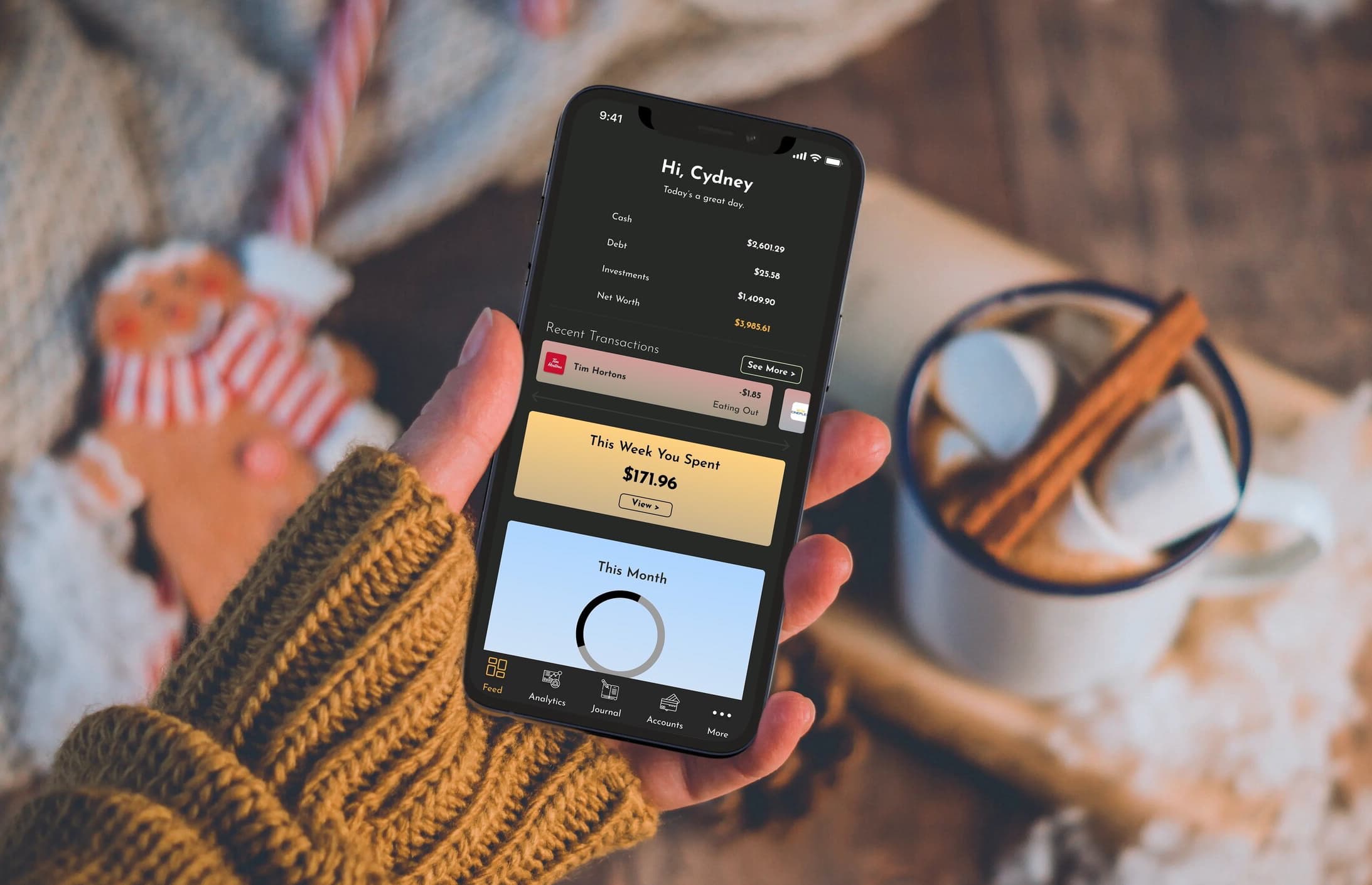iOS and Android are the most popular mobile platforms with 99% of all applications developed for them. You may wonder, why not make your product for both operating systems simultaneously?
Actually, everything is quite obvious: the budget is the key issue here. By no means can everyone spend enough time and money to start up on both platforms simultaneously. Therefore, developers most often create a product only for one specific platform at first.
There is even a joke: if you want to earn several times more selling the same application, all you have to do is port it to another platform. (Admittedly, it’s not exactly a knee-slapper.) Actually, there is nothing wrong with doing this because everyone will benefit: developers and users.
Many things are not so obvious for lots of people though. That’s why we will talk now about the main advantages achieved through convert application from Android to iOS or vice versa.
A Few Significant Reasons for Porting Android App to iOS (or Vice Versa)
If you are reading this article, you probably already have an application developed for Android or iOS. Moreover, it is likely you have already asked yourself whether it is possible to port it from one platform to the other and whether it is worth doing.
The answer is simple: yes, it is worth it. So, here are a few good reasons why:
- Audience building. First of all, each operating system means people using devices operating on this platform. Android enjoys the greatest popularity in China, Brazil, South Korea, Mexico, and Eastern European countries. However, iOS leads in the US, Australia, and Canada. When present on both platforms, businesses are able to increase their audience manyfold.

- Increase revenue. Even if your audience using a specific platform is huge, your profits will grow after you port your application. The reason is simple: you will access a larger target audience.
- Competitive advantage. If most of your competitors are concentrated on one platform, by going beyond it, you will be able to gain a weighty advantage and win a larger share of the new market.
- More data for analysis. Quality analytics is extremely important, as the more you know about the user behavior, the higher your chances are to make a product able to meet a ready market. As a matter of fact, it all comes down to the fact that businesses get opportunities to expand their possibilities of attracting new target audiences, receiving additional revenues and getting ahead of competitors.
These are more than feasible arguments in a modern economic environment where a high level of competition is peculiar to any area.
Want to start a project?
Our team is ready to implement your ideas. Contact us now to discuss your roadmap!
Key Aspects to Consider When Porting Applications
The Lvivity team has solid experience developing apps for iOS and Android, as well as porting apps between platforms. Here are some useful tips gained from our own experience that will help you avoid costly errors.
If you have decided to convert an Android app to iOS, keep the following things in mind.
1. Architectural differences. Each platform is different in application architecture and functionality. Things which can be implemented in one OS using built-in tools can initially be unavailable in the other. This includes such aspects as navigation, menus, information organization, file management, push notifications, compatibility with other applications installed on the device, and so on.
2. Design features. App design elements won’t work without changes. In terms of UI, these platforms are from two different universes. This applies to both the elements’ size and shape and their concepts in general. Apple uses flat-design, while Android is based on the Material Design concept. One example is the look of the Share icon – a small but important design feature.![]()
3. Code and components. It’s not possible to take the application written in Objective-C/Swift for iOS and recompile it for Android. You will have to code from scratch, especially when it comes to the server side. If porting an app from iOS to Android, we may need even more time for porting than for developing an original application due to the high level of fragmentation of the Android OS.
4. Supported devices. Unlike the iPhone, the global market offers not just hundreds but thousands of different smartphones powered by Android. There’s no way developers can optimize an application for all of them. We can offer you simple advice: make a list of the 10 most popular devices in your target market and optimize apps exclusively for them.
5. Testing. Testing requirements should be pretty clear. It’s helpful to remember that quality assurance should be prioritized in any app development since product success depends on it. The small amount of time you allocate to this will definitely pay off.
6. Troubleshooting and optimization. When porting an operational app from one platform to another, you have to make sure the source app doesn’t contain errors or issues. Otherwise, they will be duplicated in the product meant for the other OS. You can also consider the app porting process as an opportunity to qualitatively optimize for better performance, lower battery consumption, etc.
Want to start a project?
Our team is ready to implement your ideas. Contact us now to discuss your roadmap!
Porting an Android App to iOS: How We Do It
To successfully complete any project, it’s crucial to pay extra attention to details. Consequently, we use a step-by-step work plan when porting an app from Android to iOS and vice versa. Compliance with this plan allows us to provide customers with excellent results:
- Source app UI/UX design analysis
- Adaptation plan development
- Technology and tool stack identification
- Source app business logic analysis
- Development and testing
By consecutively elaborating these steps, we make sure that our customers will receive a quality product that meets their business requirements.
Finally
Your decision to port an app to a new platform is actually an effort to enter a new market, carrying both risks and great opportunities. There is nothing to worry about because the risks can be minimized, and the opportunities can be used to develop your business.
The app porting process can be smooth, fast, and trouble-free – you just have to be well prepared for it. However, if you are an entrepreneur, you can always get in touch with professional developers.
Flexibility, efficiency, and individual approach to each customer are the basic principles we are guided by in our work.
Our services



